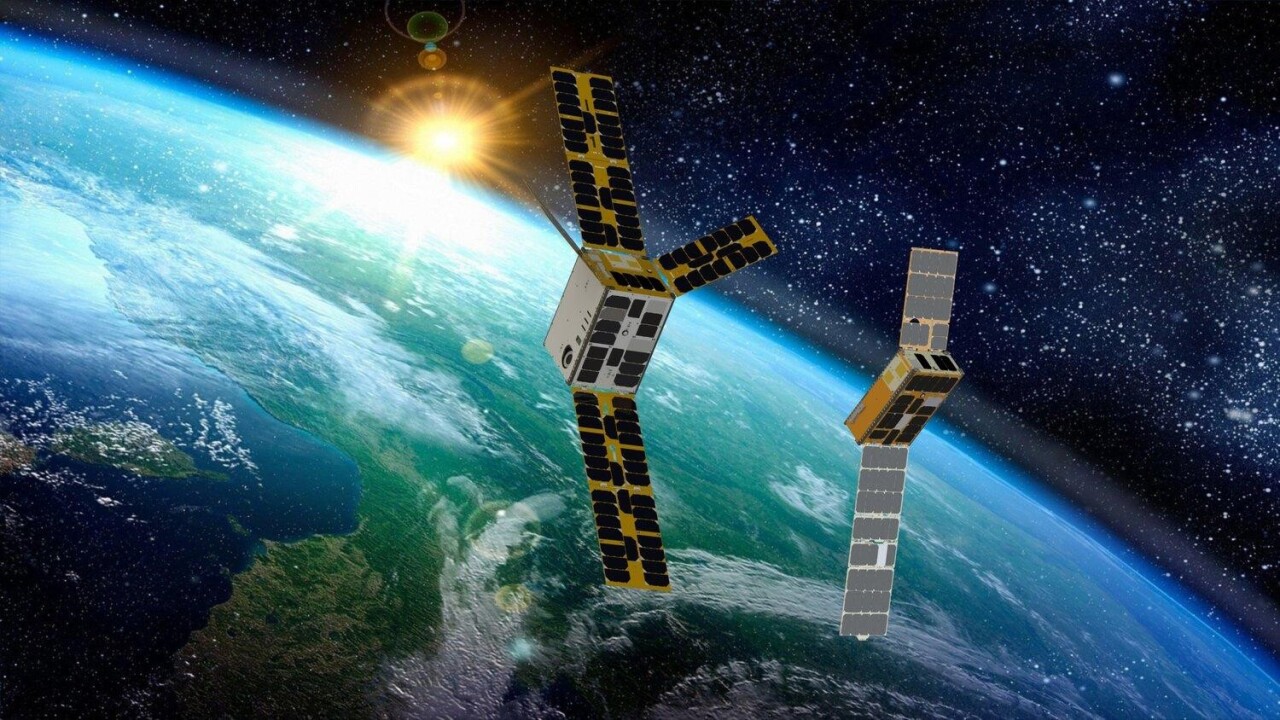
UK-based space tech startup Open Cosmos has successfully launched a new AI-powered satellite that can provide near real-time views of Earth.
The satellite, HAMMER — short for Hyperspectral AI for Marine Monitoring and Emergency Response — was successfully blasted into orbit Monday aboard a SpaceX Falcon 9 rocket.
Its mission is to provide high-resolution imaging from across the Atlantic ocean to help authorities monitor the marine environment or respond to natural disasters as they happen.
Key to HAMMER’s abilities is, you guessed it, artificial intelligence. Normally, Earth observation satellites send images back to the ground for processing, which can take days or even weeks.
However, the HAMMER has been fitted with an onboard image processor powered by AI inference thatcan process and transmit data to Earth within minutes — a system dubbed “live Earth intelligence”.
In what is billed as a world-first, this information can be accessed via a mobile app. “The two-way communication allows them to send commands back to the satellite, requesting closer observations or directing it to new areas,” explained Sean Mitchell, chief commercial officer at Ubotica, an Irish company that helped Open Cosmos develop the AI system.
HAMMER is equipped with a super high-resolution hyperspectral camera. The camera captures images across hundreds of narrow spectral bands, revealing the chemical makeup of objects. This enables the satellite to detect chemical signatures like a potential oil spill or determine the material makeup of buildings.
“The inclusion of a hyperspectral camera and AI board ensure the most advanced imaging in the market,” said Oriol Aragon Casaled, mission manager at Open Cosmos.
While the satellite is currently focussed on marine missions, its creators say future iterations of the device have several potential applications, including for precision agriculture, energy infrastructure monitoring, and land-based disaster response.
Late last year, Open Cosmos raised a sizable $50mn to expand the startup and develop larger satellites and even whole constellations. The company is also developing an satellite data analytics platform called DataCosmos.
Get the TNW newsletter
Get the most important tech news in your inbox each week.





